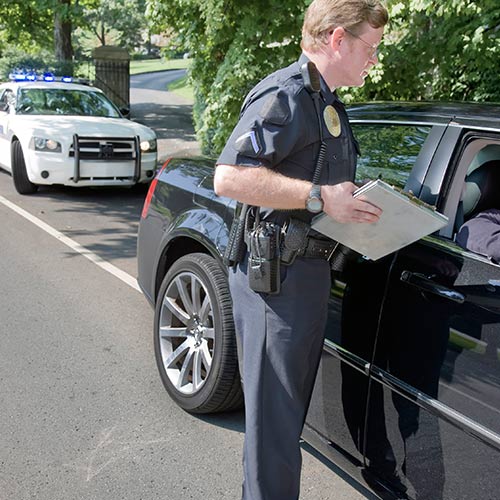DISTRACTED DRIVING IN TEXAS
websitebuilder • August 21, 2018

You should always make sure that you are never driving distracted. For example, you should pull into a parking lot if you have reason to answer your phone or to program your GPS. Driving distracted is dangerous. At the same time, you might think that you only need a second to look elsewhere.
In 2017, more than 537,000 motor vehicle accidents occurred on Texas roads. Nearly one-fifth of those accidents involved distracted driving and hundreds of these accidents resulted in deaths.
Distracted driving is a serious issue, especially because it can be deadly. You benefit from keeping your eyes on the road. Keep reading to see what laws Texas has about distracted driving.
What Is Distracted Driving?
Distractions are prevalent on the road, but they are more commonly found in your car. Only a split second looking away from the road can lead to a bad accident.
In Texas, distracted driving includes everything from cellphone use to inattention to the road. While driving, you could be distracted by food, drinks, or passengers. Even turning up the volume on your radio can be distracting. Before you start to drive, do all you can to minimize distractions.
What Are the Distracted Driving Laws in Texas?
As of 2017, Texas drivers are no longer allowed to read, write, or text while operating a vehicle. This law works in conjunction with the campaign Heads Up, Texas. The campaign encourages drivers not to look down at their phones.
Some drivers have been barred from using media behind the wheel for longer periods. For example, drivers under the age of 18 are not even allowed to use hands-free or Bluetooth devices, according to the DMV.
Commercial drivers have strict laws for avoiding distraction behind the wheel. For instance, bus drivers are not allowed to use hands-free devices while working.
Keep in mind that cities throughout Texas may have different regulations for phone use. Strict hands-free regulations exist in cities like Corpus Christi, El Paso, San Antonio, Laredo, and others.
Additionally, Texas does not ban the use of all electronics behind the wheel on a statewide level. Drivers are still allowed to play music, glance at a GPS, and perform other activities if they are driving safely.
In these cases, distracted driving may operate as a secondary offense
, meaning that you can receive a ticket for it only after being pulled over for something else.
What Are the Consequences for Distracted Driving?
First-time offenders of distracted driving laws in Texas may face a fine up to $99. Repeated offenses may include fines up to $200. If you receive other infractions, then you may experience higher fees.
While you may pay more with each fine, you will not lose your driver's license if you have distracted driving tickets because the infraction is not considered a moving violation.
If you cause an accident while using your phone and the result is death or serious injury, then you may be charged with a Class A misdemeanor. This charge comes with a bigger fine and the possibility of a year in jail.
What Should You Do If You Get a Distracted Driving Ticket?
You might consider hiring an attorney if you feel that you were issued an unfair distracted driving ticket. If you were pulled over unfairly, then you may have legal grounds to avoid paying fines. If you were in an accident, then hiring an attorney is critical for your defense.
When you have questions about misdemeanors and even more serious legal issues, Raymond Martinez Attorney
at Law can help. Call our office today to set up a consultation.





